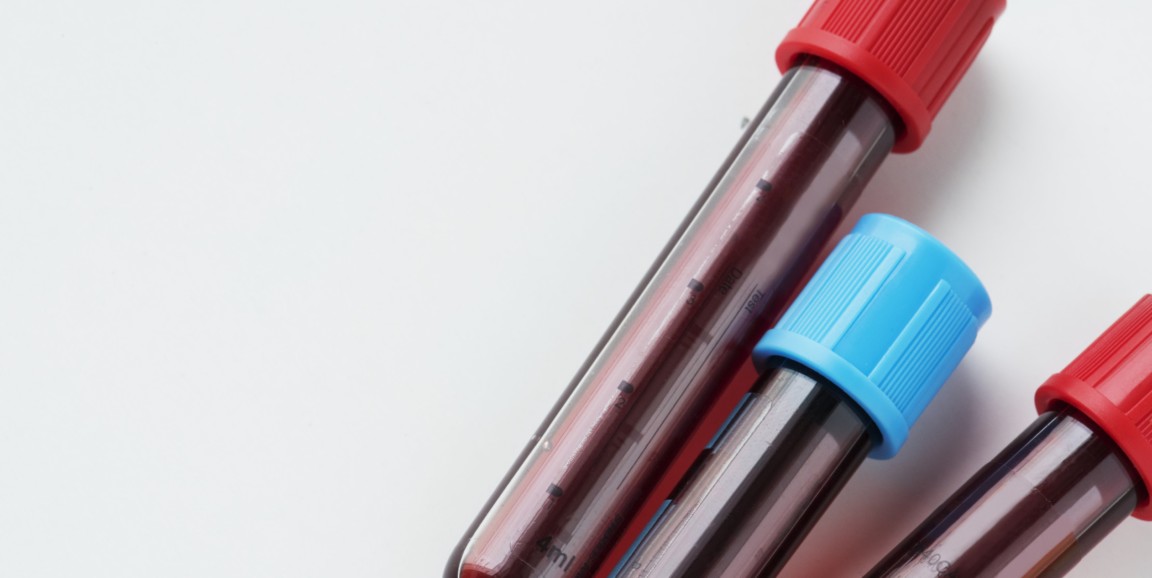About one in 75 living American adults -- 3 million in all -- have received a diagnosis of inflammatory bowel disease, or IBD. That's an umbrella term for two conditions, Crohn's disease and ulcerative colitis, both of which are characterized by chronic inflammation of the lower gastrointestinal tract. Crohn's patients in particular exhibit a wide variety of symptoms, making it tough for physicians to accurately diagnose, much less adequately treat, the condition.
In fact, just distinguishing Crohn's disease from ulcerative colitis means invasive and pricey procedures -- and even then, as many as 20% of IBD cases in which the colon is involved remain indeterminate.
But thanks to a team led by Stanford gastroenterologist Aida Habtezion, MD, diagnosing IBD and its subtypes may be about to get easier, cheaper, more accurate and much less uncomfortable for patients.
"Identifying and monitoring the symptoms, severity, behavior and therapeutic response that characterize each disease manifestation... is critical for improving health, yet frequently requires the use of invasive procedures, such as endoscopy," the authors write in a study published in Nature Communications.
But in the new study, Habtezion and her colleagues describe a brand new way of detecting patterns present on and in an IBD patient's immune cells that allows the pinpointing of that patient's condition just from a simple blood draw.
The team used a relatively new but increasingly deployed technology called mass cytometry, developed in large part in the lab of Stanford immunologist Garry Nolan, PhD, to characterize single immune cells' lineage (what kind of cells they are) and function, their tendency to home in on the gut, and what state they're in (quiescent versus inflamed, for example). By analyzing numerous cells in this way, the scientists were able to classify patients' clinical condition with a high degree of precision.
"Such blood-based assays could substantially reduce the delay risk, discomfort and costs associated with the more-invasive procedures now in use," Habtezion says.
Photo by rawpixel.com




